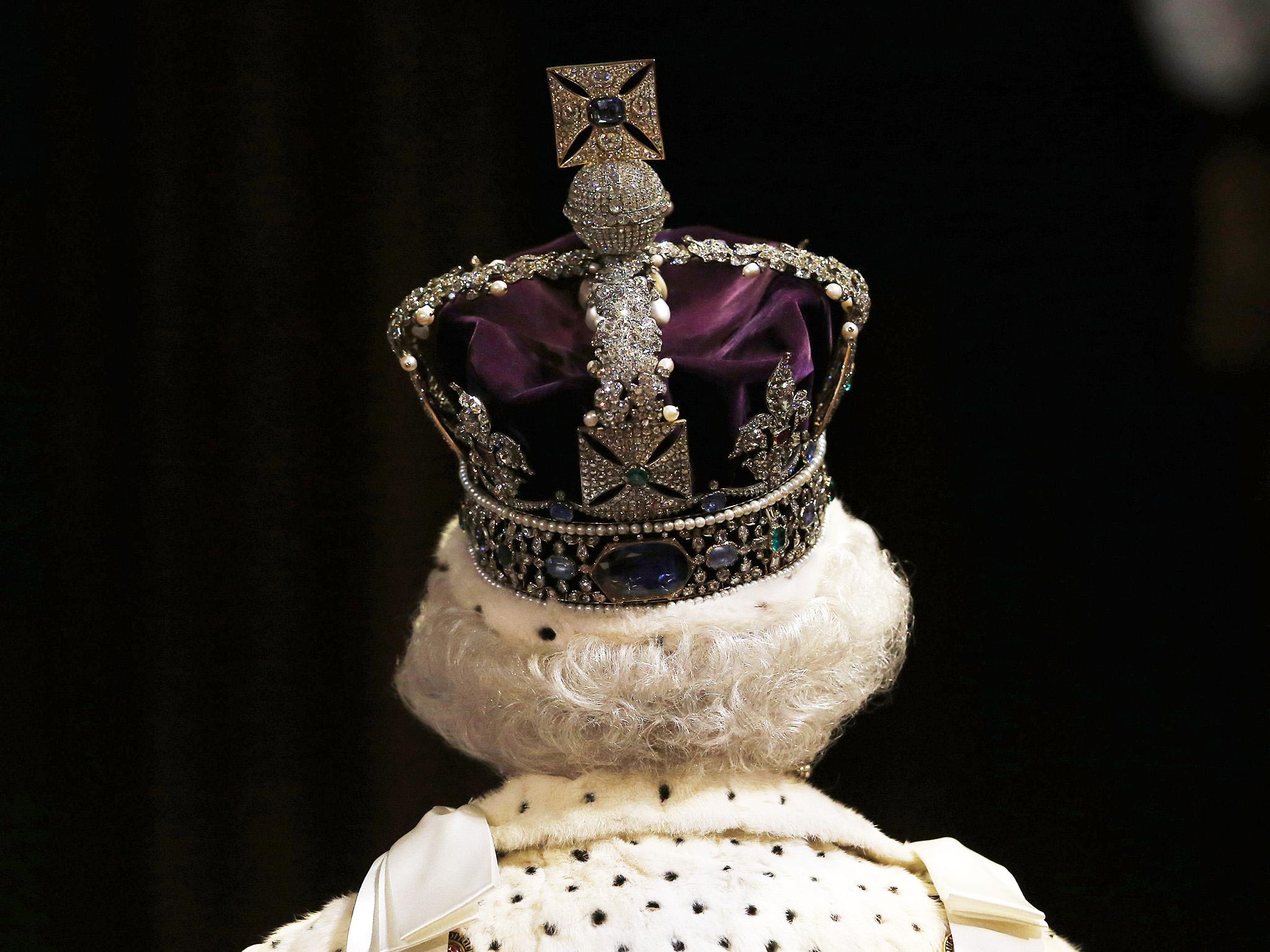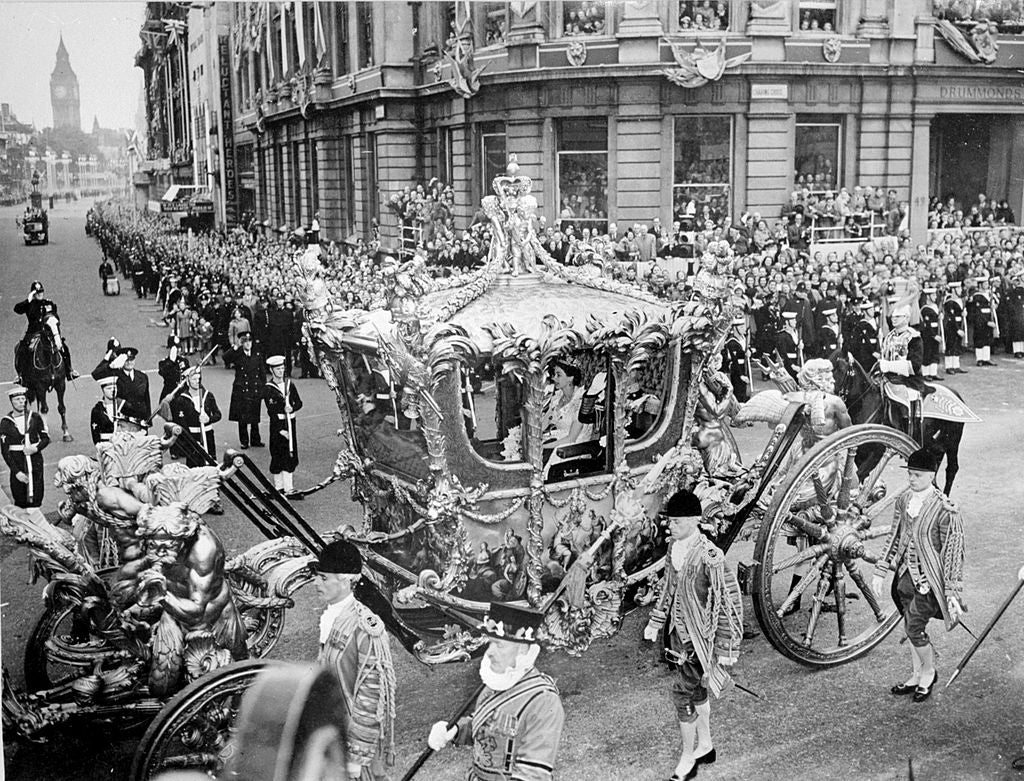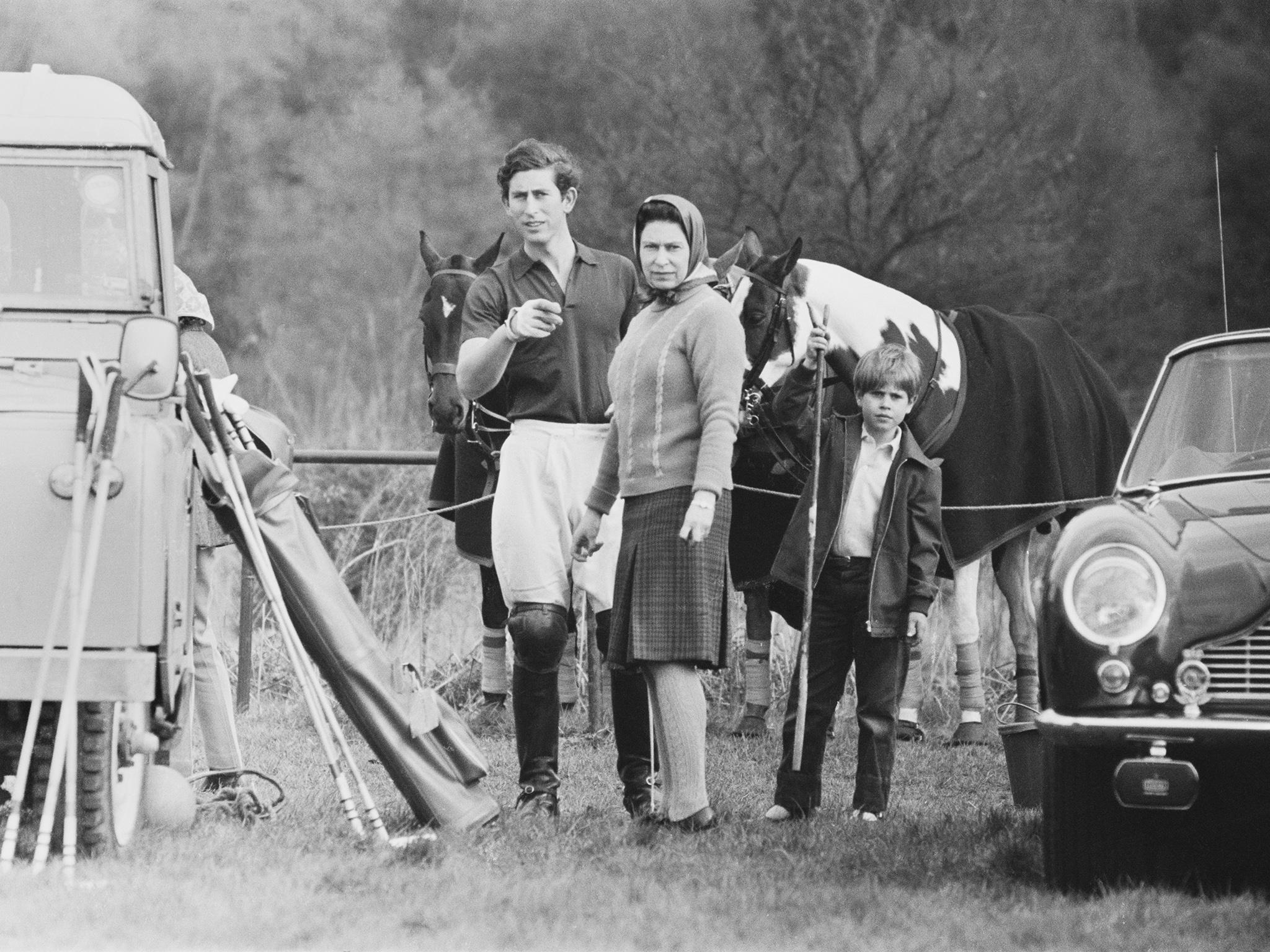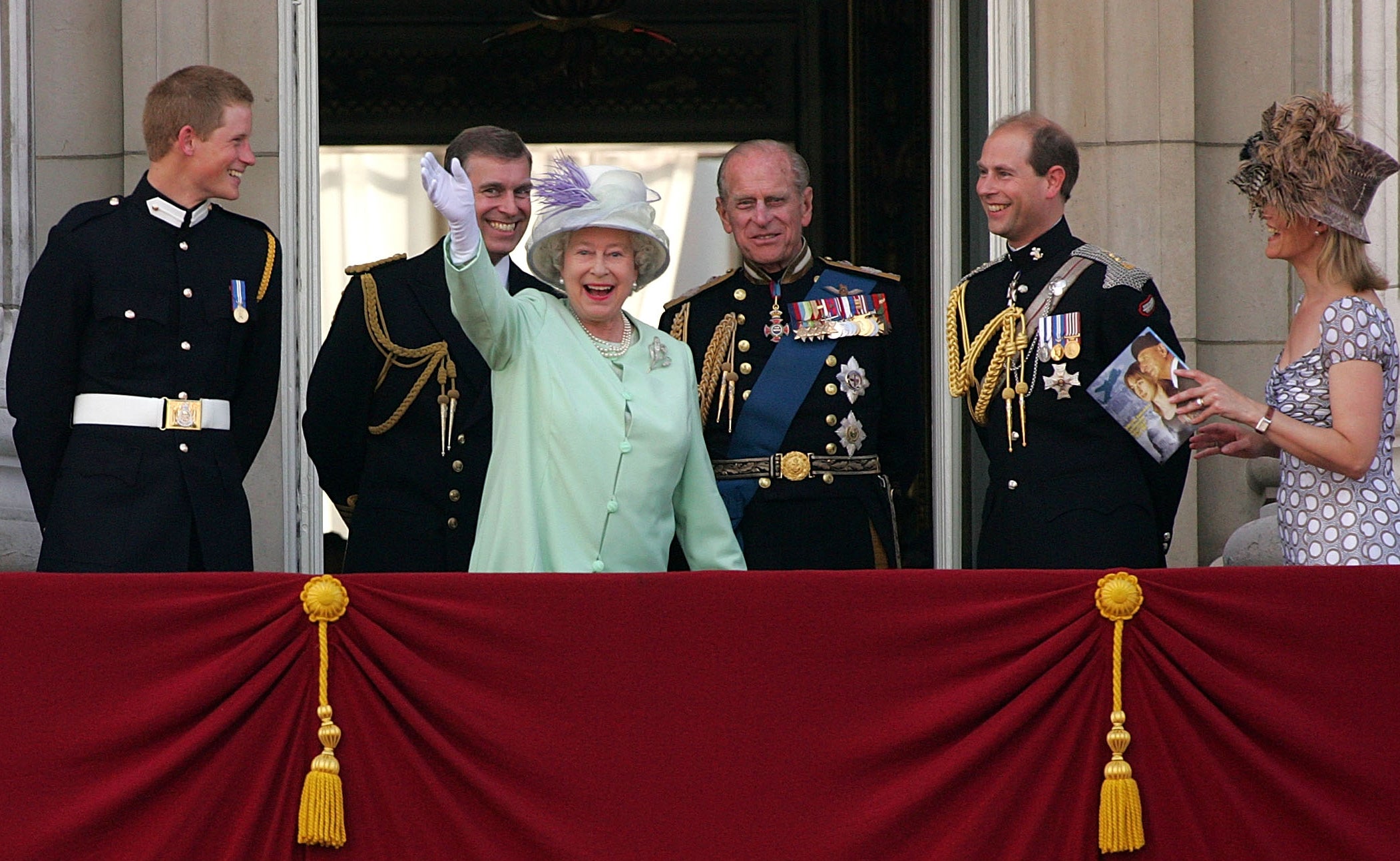Operation London Bridge: why Britain is obsessed with the days that will follow the Queen’s death
Those who think monarchy irrelevant or objectionable in the modern age may find the level of preparation for the death of an elderly lady absurd, says Sean Lang, but her passing will signal more than a new ruler: it will be the sunset of empire

Your support helps us to tell the story
From reproductive rights to climate change to Big Tech, The Independent is on the ground when the story is developing. Whether it's investigating the financials of Elon Musk's pro-Trump PAC or producing our latest documentary, 'The A Word', which shines a light on the American women fighting for reproductive rights, we know how important it is to parse out the facts from the messaging.
At such a critical moment in US history, we need reporters on the ground. Your donation allows us to keep sending journalists to speak to both sides of the story.
The Independent is trusted by Americans across the entire political spectrum. And unlike many other quality news outlets, we choose not to lock Americans out of our reporting and analysis with paywalls. We believe quality journalism should be available to everyone, paid for by those who can afford it.
Your support makes all the difference.As you would expect, everything is planned, even down to the playlist on BBC Radio 1 and the width of the mourning armbands (three-and-a-quarter inches), for the inevitable day when Queen Elizabeth II dies. If the British have a gift for the ceremonial, it will be displayed to the world as never before. Not even the carefully choreographed 1997 funeral staged for Diana, Princess of Wales, will quite match the national outpouring of grief and dignified ritual that we can expect with the passing of the sovereign.
The Queen, of course, is still very much alive. But The Guardian has reported on the extraordinary plans that will be put into motion when that day finally comes – and they appear to cover every last detail. Those who think monarchy irrelevant or objectionable in the modern age will no doubt find this level of preparation for the death of an elderly lady absurd. But in its sheer ambition, Operation London Bridge – as it is codenamed (presumably because of its tendency to fall down) – is an indication of the way in which monarchy has come to dominate Britain’s understanding of itself.
It is well known that the Queen features frequently in people’s dreams, an indication of a remarkably intimate relationship between monarch and people, a highly mixed blessing of the television age.

In June 1953, her reign was ushered in by a coronation which quickly earned its place in the history of television. This was followed by the celebrated 1969 BBC television documentary Royal Family. It showed the royals chatting over a barbecue and the Queen popping into a village shop for sweets.
Indeed, this film is usually credited with having broken through the image of a remote monarchy and turned the Queen into a mother figure, not only of her own often dysfunctional family but, for many people, for the nation as a whole. Not for nothing was there a huge cheer when Prince Charles addressed her publicly as “Mummy” at the 2012 celebrations for her Diamond Jubilee.
End of the Elizabethan Age
In that sense, the Queen’s funeral will probably prove significantly different from Diana’s. The Diana and Charles story was essentially an international soap opera that we all watched, siding with one or other of the protagonists. Her carefully concocted not-quite-royal post-divorce title, “Diana, Princess of Wales”, was reflected in her carefully choreographed not-quite-royal funeral.

The Queen’s, on the other hand, will be unashamedly royal, from the naval ratings pulling the gun carriage to the black suits and ties that television newsreaders will don as soon as the news is confirmed. On the first day, flags will fly at half-mast and symbols of state will be shrouded in black. On the next, following the age-old constitutional rule of “The King (or Queen) is dead; long live the King”, flags will go back up to herald the start of the reign of King Charles III.
There will unquestionably be an immediate difference in the political atmosphere as Charles III takes over. Republicans who have stayed their hand in recognition of the Queen’s personal popularity, will cast off restraint and make a determined effort to get rid of the monarchy; it is quite possible that Australia and other Commonwealth countries where the Queen is head of state might lead the way.
The Queen was able to lend her considerable symbolic weight to the Better Together side in the 2014 Scottish independence referendum. If a second one were to be held during the reign of King Charles, despite his well-known love for the country, he might find that his opinions don’t carry the same weight as his predecessor’s.
Charles might also find that the position of head of the Commonwealth, on which the Queen places enormous importance, might not come to him automatically or in the same form. The Queen has played an important personal role in keeping the Commonwealth together; when she goes, will the Commonwealth’s raison d'etre come into question?
The sunset of empire
Will the Queen’s funeral finally put Britain’s imperial story to rest? Britain’s imperial record comes in for a lot more criticism nowadays than it used to, especially the violent and disastrous way Britain withdrew from possessions such as India, Palestine and Kenya. But it would be churlish to deny that the British perfected the ceremony of departure – the 1997 departure from Hong Kong offers a particularly good example.

The key to the Queen’s significance, however, lies in the span of her lifetime – and how it coincides with the making of modern Britain. Her reign began in the aftermath of the Second World War and her first prime minister was Winston Churchill. She has now seen 13 prime ministers walk into 10 Downing Street, and 12 of them depart it.
She was a figure made by Second World War and her funeral will be the final laying to rest of wartime Britain. Hers is the generation that lived through rationing and the Blitz, that learnt new trades – just as she became a mechanic – to meet the needs of the war. Hers was the generation who could take comfort in their victory – despite the years of decline that followed.
How appropriate that the codewords for her funeral include such Second World War terminology as D+1, D+2 to describe the timescale, the same terminology that was used in the D-Day landings in 1944. The Second World War ended in 1945 but it will be laid to rest in Westminster Abbey in considerable and colourful pageantry. What happens after London Bridge finally falls, however, is anyone’s guess.
Sean Lang ia a senior lecturer in history at Anglia Ruskin University.This article first appeared on The Conversation (theconversation.com)
Join our commenting forum
Join thought-provoking conversations, follow other Independent readers and see their replies
0Comments